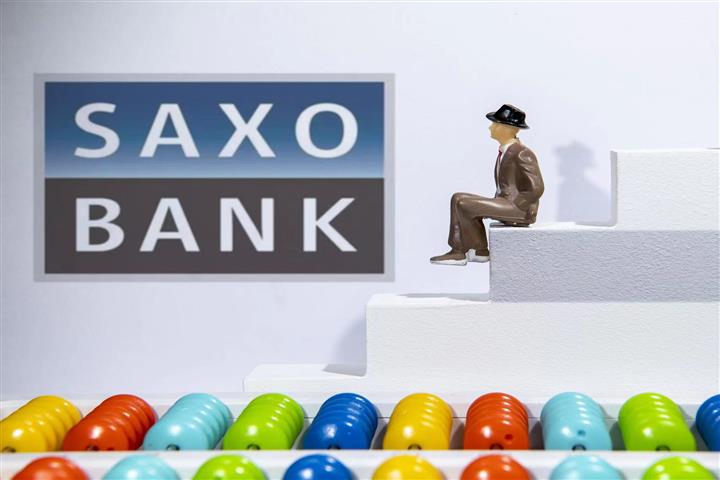 Interview With Steen Jacobsen, Saxo Bank’s Chief Economist: Fear of Recession May Be A Bit Overdone
Interview With Steen Jacobsen, Saxo Bank’s Chief Economist: Fear of Recession May Be A Bit Overdone(Yicai Global) July 29 -- Steen Jacobsen, chief economist of Saxo Bank in Copenhagen, Denmark, recently said in an exclusive interview with Yicai Global that the global economy was slowing down, the fear of recession was a bit overdone, commodities were showing fundamental value, and the risk of a European energy crisis could not be ignored.
Yicai Global: Do you expect a global recession in the next 12 months?
Steen Jacobsen: No, I don’t expect a global recession, but we could have a significant slowdown as the energy, food prices, and supply chain issues continue to push both inflation and rates up. The global recession would mean a much higher unemployment rate than the one we experience in the EU and the US. But it looks unlikely, and China will spend USD1.1 trillion on new infrastructure throughout the rest of 2022.
Yicai Global: US Fed is expected to hike rates again this month. Do you think it is necessary to raise rates above the neutral level?
Steen Jacobsen: The consensus is now almost 100% on 75 base points, and a 100 bps hike is an outside chance. I have no doubt Fed needs and will force rates higher, as a Consumer Price Index at close to 10% is the worst thing that could happen to the US economy. The historically low unemployment rate means that reducing inflation will take more time and hikes than the market expectations.
Yicai Global: In Saxo's quarterly outlook, you said inflation would not mitigate. It is a runaway train. Did the peak arrive, and how will the path be in the future? What is the key to lower inflation? Monetary policy, supply chains, consumption needs, or others?
Steen Jacobsen: We are talking about prices remaining generally elevated. We are not trying to predict the peak, and to be honest, we are very concerned about this winter as most energy and freight prices hint at a very expensive winter for generating heating and electricity.
Major central banks keep saying the market inflation will be 2 percent at the end of 2023 and that the market is pricing for a decline in inflation at the end of this year or the beginning of next. However, we see 4 percent to 5 percent inflation in the US and 3 percent to 4 percent in Europe, so the market will need to adjust estimates of inflation and interest rates.
Yicai Global: Over the past six months, the market sentiment shifted dramatically. Companies’ profit outlook in the third quarter is not optimistic. Would you recommend investors to reduce their stock holdings?
Steen Jacobsen: We have been recommending risk-off bias since November 2021. We also advise clients to diversify their portfolios. The weight of commodities, energy, cybersecurity, defense, and military can be exceeded. Remember, this is a long game. We always have a risk exposure overall, but then we need to balance them monthly to control the impact of market risks and major events. Our portfolio decreased between 15 percent and 20 percent in the past year compared with the benchmarks.
Yicai Global: What's your recommendation for investors' portfolios in the third quarter?
Steen Jacobsen: We are long dollars and commodities. The market is pricing the recession too deeply, so for us, buying commodities, gold, and energy showed fundamental value and added short fixed income again.
Yicai Global: Energy prices are the principal cause of global inflation. What's your expectation for crude price in the third quarter? Do you believe the Russian oil price cap plan would work?
Steen Jacobsen: In the third quarter, I expect international oil prices to be at a high of USD110 to USD120. The price cap plan is poorly designed and executed. Politicians should focus on getting more supply rather than restricting the free market.
Editor: Futura Costaglione